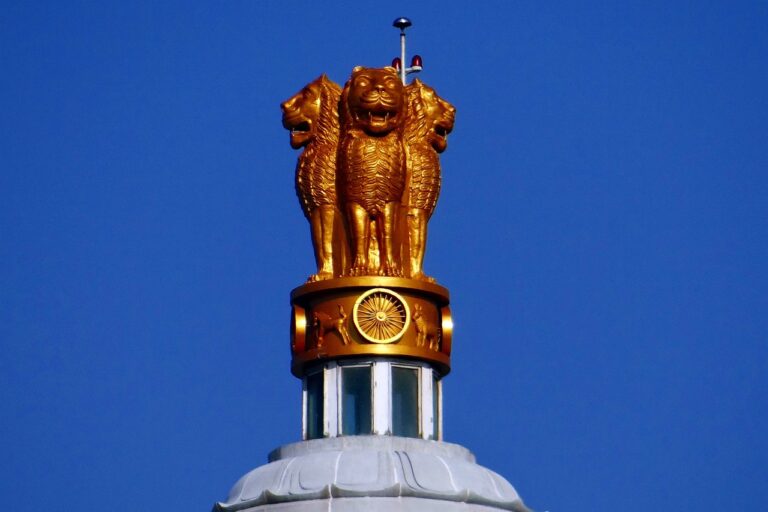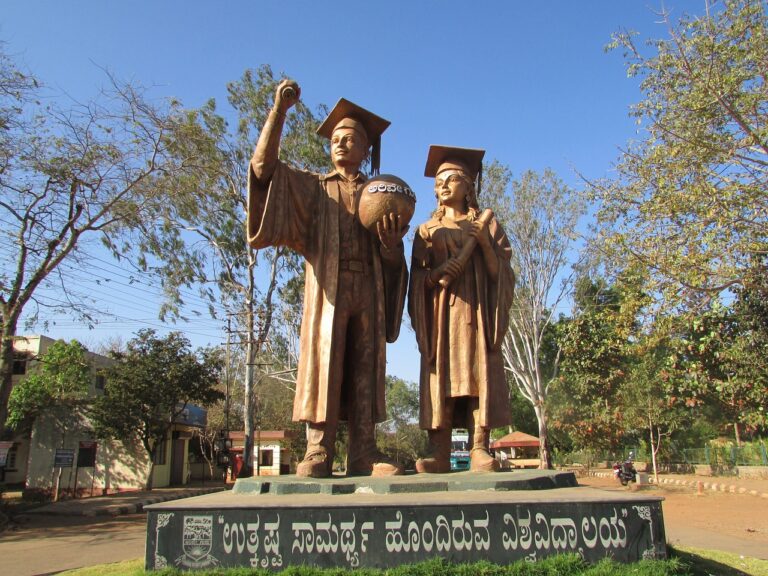The Influence of International Election Observers
International election observers play a crucial role in ensuring the fairness and credibility of elections around the world. By monitoring the electoral process, these observers help detect and prevent any potential irregularities or fraud that could undermine the legitimacy of the election results. Their presence also serves to promote adherence to democratic principles and the rule of law.
Furthermore, international election observers provide an impartial assessment of the electoral process, offering valuable insights and recommendations to improve future elections. Their unbiased reports contribute to increasing transparency and accountability, fostering trust among voters and stakeholders in the electoral system. Overall, the role of international election observers is essential in upholding democratic values and safeguarding the integrity of the electoral process.
The Importance of Transparency in Elections
Transparency in elections is a crucial element for ensuring democracy and fairness in the electoral process. When elections are transparent, it allows for an open and accountable system where voters can trust in the integrity of the results. Transparency also plays a key role in holding those in power accountable for their actions and decisions, ultimately leading to a more just and democratic society.
Furthermore, transparency in elections helps to prevent fraud and manipulation, as well as promoting trust in the electoral process. It allows for the monitoring of election procedures and ensures that all eligible voters have equal access to participate in shaping the future of their country. By upholding transparency in elections, nations can strengthen their democratic institutions and uphold the principles of free and fair elections.
How International Election Observers are Selected
International election observers are carefully selected through a rigorous process to ensure impartiality and effectiveness. Organizations such as the United Nations, the European Union, and the Organization for Security and Cooperation in Europe commonly recruit observers from a pool of individuals with expertise in areas such as politics, law, and human rights. These observers are often required to undergo training to familiarize themselves with the election observation mission’s objectives and guidelines.
Selection criteria for international election observers often include factors such as professional experience, language skills, and regional expertise. Additionally, candidates are typically expected to demonstrate a track record of neutrality and objectivity in their past work. The final selection of observers is based on these qualifications to guarantee that the observation mission is conducted with the highest standards of integrity and professionalism.





